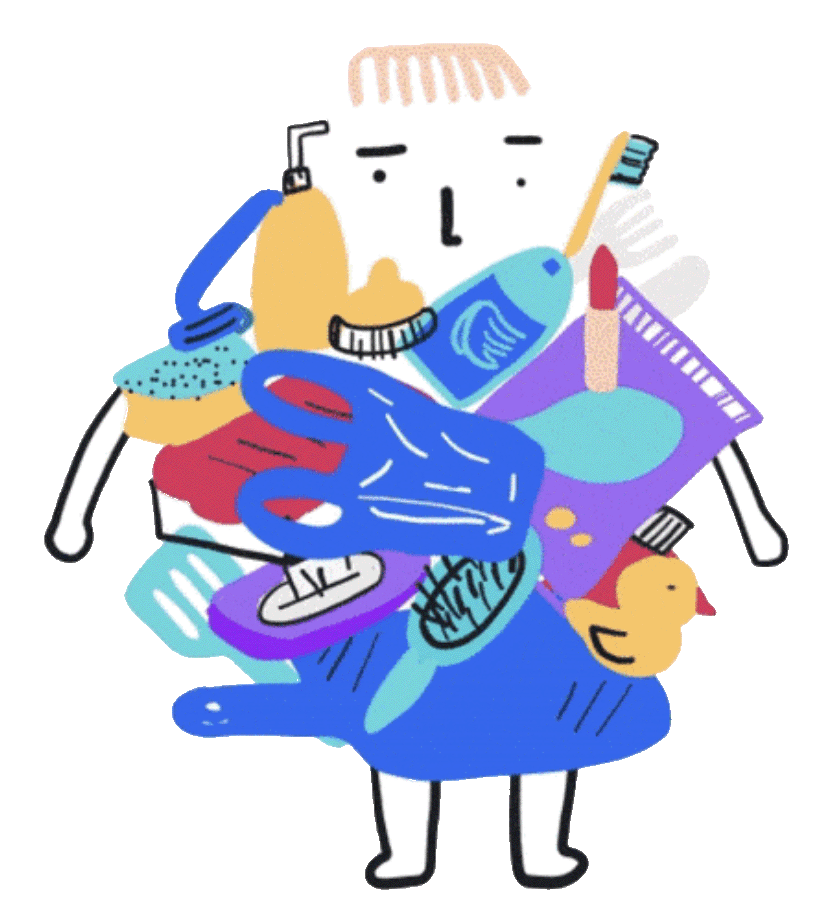
Plastic pollution of rivers and oceans is getting worse every day. PSF’s Jeroen Dagevos tells Nu.nl that the situation is dramatic: “We are at the point where future generations will continue to see how much plastic we used.” This applies not only to the plastic in the water, but also to plastic in our bodies, which is now linked to cancer, autoimmune problems and infertility.
Dagevos stresses, “It is a global problem, which requires global research and a global approach.”
That global approach is slowly gaining momentum with the ‘Global Plastic Treaty‘ organised by the UN. Member states have now met 3 times and will make further decisions in April 2024 (INC4) in Ottawa, Canada. This will hopefully see binding agreements at the global level this year.
But this is easier said than done, as a real battle is taking place between different countries. There are the so-called ‘low ambition coalition’ consisting of oil-producing countries and the ‘high ambition’ countries that want to introduce strict measures, led by Norway and Rwanda. Dagevos explains: “Oil-rich countries want few rules and no production stop on plastics. They want the oil to be used for even more plastic production as the car industry becomes increasingly electric.”
It is a complex problem, for which there is no single solution, but Dagevos sees the problem mainly in the production and increasing quantity of this production. That needs to be curbed. Especially since we now export much of our plastic waste to other countries.
Europe does not have the facilities to process the plastic waste and so it is shipped on boats to countries like Turkey, Vietnam and Malaysia, where it also cannot be processed properly and so easily disappears into rivers. About this scandal, Plastic Soup Foundation released this report.
© 2024 Plastic Soup Foundation
